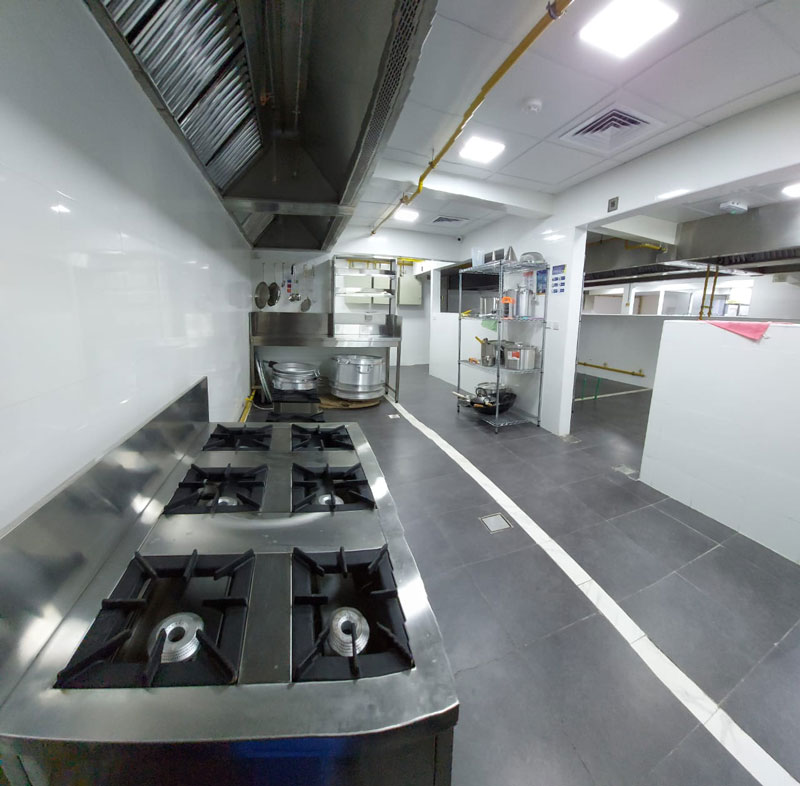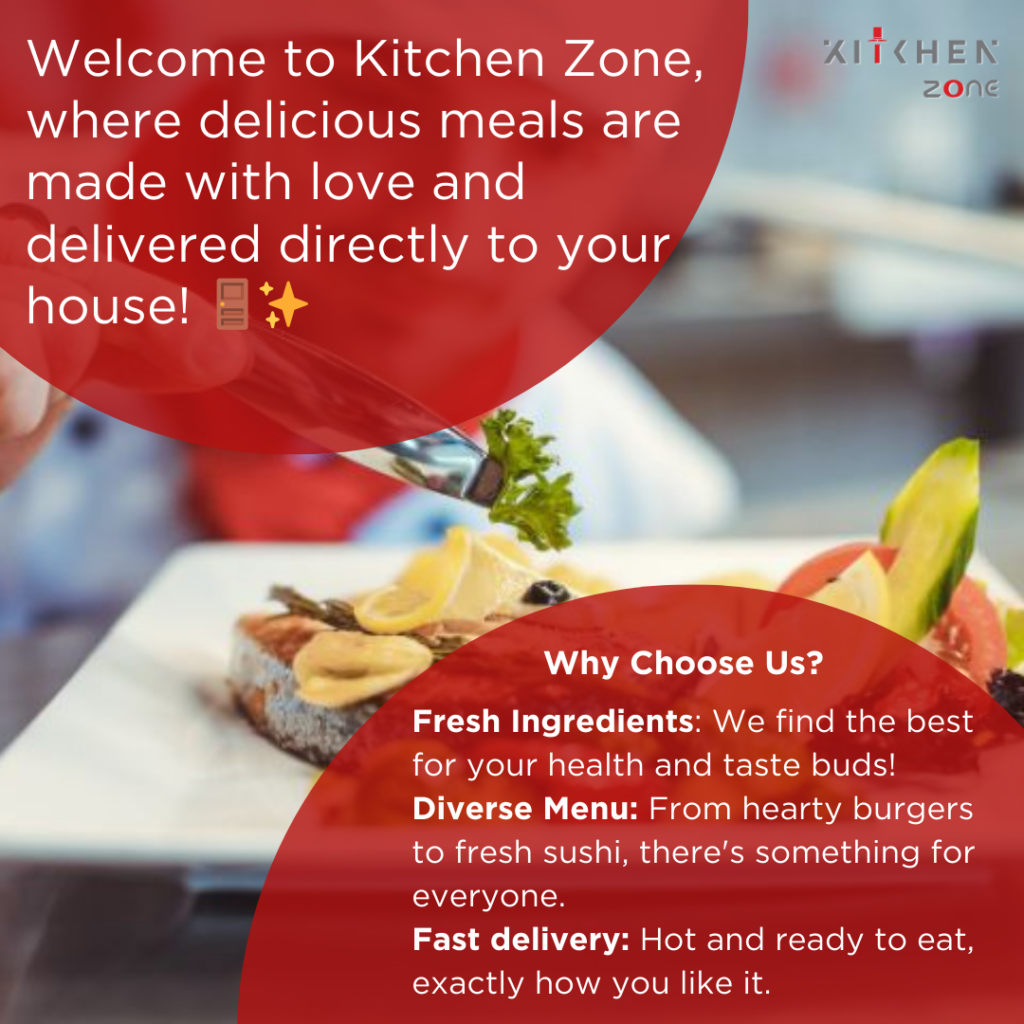Unlocking Success: Find the Perfect Commercial Kitchen for Rent Near Me
If you’re a budding chef, food entrepreneur, or restaurateur looking to expand your culinary ventures, finding the perfect commercial kitchen near me is a game-changer. However,er the search can be overwhelming, with countless options and variables to consider. That’s where we come in. Welcome to our comprehensive guide on unlocking success and finding the perfect commercial kitchen for rent near me.
At [Brand Name], we understand the unique challenges of the industry, and our goal is to simplify the process for you. Our brand voice reflects our commitment to providing reliable and expert advice, ensuring you make the best choice that aligns with your business needs.
In this article, we’ll explore everything you need to know about finding and leasing a commercial kitchen for rent near me. From understanding the different types of commercial kitchens available to know what factors to consider when making a decision, we’ve got you covered. Whether you’re a food truck owner in search of a commissary kitchen or a caterer looking for a shared space, we’ll walk you through the essentials.
So, let’s dive in and discover the key steps to finding your perfect culinary workspace. Get ready to unlock your success in the booming food industry.
Advantages of renting a commercial kitchen
Renting a commercial kitchen offers numerous advantages for food entrepreneurs and culinary professionals. Here are some of the key benefits:
1. Cost-Effectiveness: Renting a commercial kitchen near me is often more cost-effective than building your own. It eliminates the need for significant upfront investments in equipment, infrastructure, and maintenance, allowing you to allocate your resources toward other aspects of your business.
2. Flexibility: Renting a commercial kitchen provides flexibility in terms of space and location. You can choose a kitchen size that suits your specific needs and rent in a location that is convenient for your operations. This flexibility enables you to adapt to changing demands and scale your business as it grows.
3. Access to Professional Equipment: Commercial kitchens are equipped with professional-grade appliances and tools that are essential for efficient food production. Renting a kitchen gives you access to state-of-the-art equipment without the need to purchase and maintain it yourself.
4. Compliance with Regulations: Commercial kitchens are built to meet industry standards and health regulations. By renting a compliant kitchen, you ensure that your operations adhere to the necessary health and safety guidelines, giving you peace of mind and avoiding potential legal issues.
5. Networking Opportunities: Renting a commercial kitchen often means sharing the space with other food entrepreneurs and professionals. This offers networking opportunities, collaboration potential, and the chance to learn from others in the industry. Building relationships within the culinary community can open doors to new partnerships and collaborations.
Understanding the advantages of renting a commercial kitchen for rent near me sets the foundation for making an informed decision. Now, let’s explore the key factors to consider when choosing a commercial kitchen for rent.
Factors to consider when choosing a commercial kitchen for rent near me
Finding the right commercial kitchen for rent near me is crucial for the success of your culinary endeavors. Here are essential factors to consider when making your decision:
1. Location: The location of your commercial kitchen plays a significant role in the efficiency of your operations. Consider proximity to your customers, suppliers, and delivery routes. Choose a location that allows for easy access and minimizes transportation costs.
2. Size and Layout: Assess your specific needs in terms of kitchen size and layout. Determine the amount of space required for food preparation, storage, and any additional areas like office space or customer-facing sections. A well-designed kitchen layout can improve workflow and productivity.
3. Infrastructure and Facilities: Evaluate the infrastructure and facilities available in the commercial kitchen. Check for proper ventilation, adequate water supply, drainage systems, and electrical capacity. Consider the availability of additional amenities like cold storage, walk-in freezers, and loading docks if necessary.
4. Operating Hours: Understand the operating hours of the commercial kitchen and ensure they align with your business requirements. Some kitchens may have restricted hours or peak demand periods that may affect your operations. Clarify any limitations or flexibility regarding access to the kitchen space.
5. Terms and Conditions: Review the lease agreement and understand the terms and conditions thoroughly. Look for details regarding rent, security deposit, lease duration, renewal options, and any additional fees or charges. Pay close attention to clauses related to insurance, maintenance responsibilities, and termination policies.
6. Health and Safety Compliance: Verify that the commercial kitchen meets all relevant health and safety regulations. Look for certifications and permits that demonstrate compliance with local authorities. Ensure the kitchen has proper sanitation practices in place and follows food handling procedures.
Understanding and considering these factors will help you narrow down your options and find a commercial kitchen that meets your specific requirements. Once you have a shortlist of potential kitchens, it’s time to visit and ask the right questions.
Understanding the rental terms and agreements
Before committing to a commercial kitchen rental, it’s essential to have a clear understanding of the rental terms and agreements. Here are some key points to consider:
1. Rent: Understand the rental cost and how it is calculated. Is it a fixed monthly fee or based on a percentage of your revenue? Assess if the rent aligns with your budget and projected sales.
2. Lease Duration: Determine the duration of the lease and any renewal options available. Consider the flexibility required for your business growth and expansion plans.
3. Security Deposit: Find out the amount of security deposit required and the conditions for its return. Understand any deductions that may be made from the deposit and the circumstances under which it may be forfeited.
4. Maintenance Responsibilities: Clarify who is responsible for the maintenance and repairs of the kitchen equipment and infrastructure. Understand any additional costs or obligations related to maintenance.
5. Insurance Coverage: Verify the insurance requirements and ensure you have the necessary coverage for your operations. Understand if the landlord’s insurance covers any damage to your equipment or if you need separate coverage.
6. Termination Policies: Familiarize yourself with the termination policies outlined in the agreement. Determine the notice period required and any penalties or consequences for early termination.
Having a clear understanding of the rental terms and agreements will help you make an informed decision and avoid any surprises or misunderstandings down the line. Now, let’s explore how to find commercial kitchens for rent near you.
How to find commercial kitchens for rent near you
Finding commercial kitchens for rent near you can be simplified by following these steps:
1. Online Platforms: Utilize online platforms and directories specifically designed for commercial kitchen rentals. These platforms provide detailed listings, allowing you to filter the search based on location, size, and facilities.
2. Local Community and Networking: Tap into the local culinary community and network with other food entrepreneurs. Attend industry events, join forums, and engage in social media groups to gather recommendations and insights on available commercial kitchens.
3. Real Estate Agents: Contact local real estate agents who specialize in commercial properties. They may have listings or be aware of kitchens available for rent that are not publicly advertised.
4. Food Business Associations: Reach out to food business associations or organizations in your area. They often have resources and connections to help you find suitable commercial kitchen spaces.
5. Word of Mouth: Spread the word among your professional network and let people know you’re searching for a commercial kitchen. Referrals and recommendations from trusted sources can lead you to hidden gems.
6. Visit Local Restaurants: Approach local restaurants, cafes, or food establishments that may have excess kitchen space available for rent. Sometimes, established businesses are willing to lease their kitchens during off-peak hours.
By utilizing these strategies, you’ll be able to uncover a range of options for commercial kitchens for rent near you. Once you have shortlisted potential spaces, it’s time to visit and ask the right questions to ensure the space meets your requirements.
Questions to ask when visiting a potential commercial kitchen space
When visiting potential commercial kitchen spaces, it’s essential to ask the right questions to gather all the necessary information. Here are some key questions to consider:
1. Availability: Is the kitchen space available during the hours you need it? Ensure the operating hours align with your business requirements.
2. Facilities and Equipment: Assess the available facilities and equipment. Are they suitable for your specific culinary needs? Verify the condition and functionality of the appliances and tools.
3. Storage Options: Inquire about the storage options available in the kitchen. Determine if there is enough space for dry storage, refrigeration, and freezer storage based on your inventory requirements.
4. Shared Space: If you’re considering a shared commercial kitchen, understand the dynamics of sharing the space with other food entrepreneurs. Discuss how shared resources and scheduling are managed.
5. Additional Amenities: Inquire about any additional amenities or services provided with the kitchen rental. This could include access to meeting rooms, packaging, and labeling equipment, or assistance with permits and certifications.
6. Policies and Restrictions: Clarify any policies or restrictions that may affect your operations. This could include limitations on the type of cuisine you can prepare, restrictions on noise levels or deliveries, or rules regarding equipment usage.
Asking these questions will help you assess the suitability of the commercial kitchen space and make an informed decision. Once you’ve chosen a commercial kitchen, optimizing your rental experience becomes paramount.
Tips for optimizing your commercial kitchen rental experience
To make the most of your commercial kitchen rental experience, consider implementing the following tips:
1. Efficient Workflow: Optimize your kitchen layout and workflow to maximize efficiency. Arrange your equipment in a logical order and ensure easy access to frequently used items. This will minimize time wasted on unnecessary movement and enhance productivity.
2. Inventory Management: Implement a robust inventory management system to track ingredients, supplies, and equipment. This will help you avoid stockouts, reduce waste, and ensure smooth operations.
3. Collaboration and Networking: Leverage the opportunity to collaborate and network with other food entrepreneurs sharing the same kitchen space. Explore possibilities for joint marketing initiatives, cross-promotions, and knowledge sharing.
4. Communication with Landlord: Maintain open lines of communication with the landlord or kitchen facility manager. Address any concerns promptly, report maintenance issues, and discuss any necessary adjustments to the rental agreement.
5. Marketing and Branding: Use your commercial kitchen as a platform to showcase your brand and culinary expertise. Invest in professional branding, promote your business through social media and local channels, and take advantage of any marketing opportunities available within the kitchen facility.
By implementing these tips, you can optimize your commercial kitchen rental experience and set yourself up for success in the food industry. To further illustrate the potential of starting in a rented commercial kitchen, let’s explore some case studies of successful businesses that began their journey in similar spaces.
Cost considerations and budgeting for a commercial kitchen rental
Renting a commercial kitchen involves financial commitments, and it’s essential to have a clear understanding of the costs involved. Here are some key factors to consider when budgeting for a commercial kitchen rental:
1. Base Rent: The base rent is the core cost of leasing a commercial kitchen. It typically depends on factors like location, size, and the type of kitchen. Prices may vary significantly, so it’s important to research the prevailing market rates in your area.
2. Utilities and Maintenance: In addition to the base rent, you may be responsible for utilities like gas, electricity, water, and waste disposal. Maintenance costs, including repairs and cleaning, should also be taken into account when budgeting.
3. Permits and Licenses: Depending on your location and the type of food you plan to prepare, you may need to obtain permits and licenses. These costs can vary, so it’s important to factor them into your budget.
4. Insurance: Commercial kitchens often require specific insurance coverage to protect against liability and property damage. Research insurance options and include the premiums in your budget.
5. Additional Fees: Some commercial kitchen rentals may have additional fees, such as security deposits, application fees, or late payment penalties. Be sure to inquire about any additional costs before signing a lease.
By carefully considering these cost factors and budgeting accordingly, you can ensure a financially sustainable and successful venture in the commercial kitchen industry.
Case studies of successful businesses that started in rented commercial kitchens
To inspire you on your journey to finding the perfect commercial kitchen, let’s take a look at some real-life case studies of successful businesses that started in rented kitchens:
1. Food Truck Phenomenon: Many well-known food truck businesses started their culinary journeys in rented commissary kitchens. By utilizing these shared spaces, they were able to focus on perfecting their recipes and building a loyal customer base before investing in thein kitchen facilities.
2. Catering Success Stories: Catering companies often begin their operations in shared kitchens. These kitchens provide a cost-effective solution for catering businesses to expand their offerings and serve larger events without the need for extensive investments upfront.
3. Restaurant Launch Pad: Some successful restaurant chains began as popup concepts operating in shared or private kitchens. By testing their concept in a rented space, they were able to refine their menu, build a customer base, and secure funding for their restaurant.
These case studies highlight the potential for success that comes with finding the right commercial kitchen for your business. With the right space and resources, you can unlock your culinary aspirations and take your business to new heights.
Conclusion and next steps for finding your perfect commercial kitchen
Finding the perfect commercial kitchen for rent near me is a crucial step towards achieving success in the food industry. By understanding the different types of kitchens available, considering cost factors, and drawing inspiration from successful businesses, you can make an informed decision that aligns with your business goals.
As you embark on your search, remember to thoroughly research your options, visit potential spaces, and negotiate lease terms that work for you. Take advantage of our expert advice and resources to ensure a smooth and successful journey towards finding your ideal culinary workspace.
Unlock your success in the booming food industry by finding the perfect commercial kitchen for rent near me. Your culinary dreams are within reach, and with our guidance, you can make them a reality. So, start your search today and let your passion for food thrive in the perfect kitchen space.





